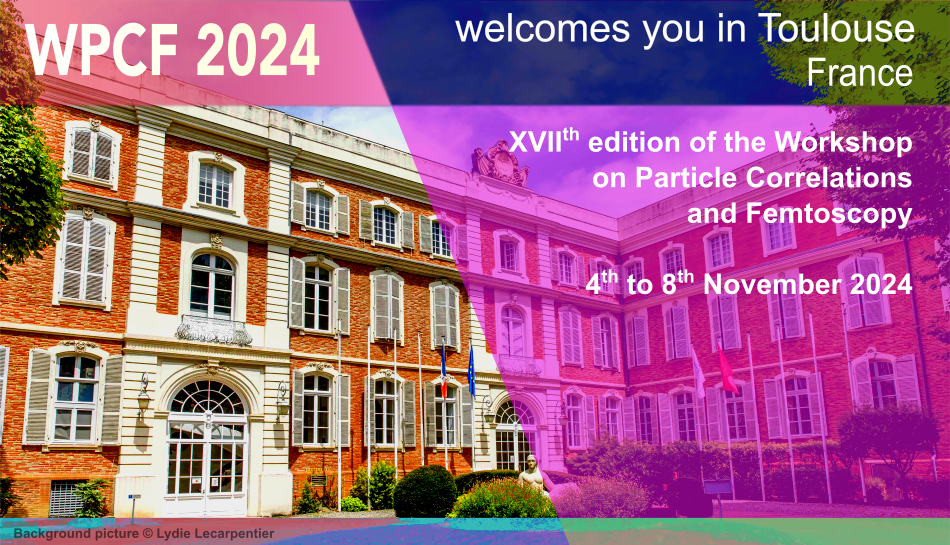Orateur
Description
Identifying products of ultrarelativisitc collisions, such as the ones delivered by the LHC and RHIC, is one of the crucial objectives of experiments such as ALICE and STAR, which are spedicifally dedicated to this task with a number of detectors allowing particle identification (PID) over a broad momentum range. In the case of correlation studies, high purity of the sample is frequently needed, which usually results in quite low efficiency and, consequently, available statistics of the studied particles under consideration.
Recently, as a team of physicists and computer scientists at Warsaw University of Technology, we have introduced a novel method for Particle Identification (PID) method, tested within the framework of the ALICE experiment [1,2]. Typically employed PID methods rely on hand-crafted selections, which compare experimental data to theoretical simulations. To improve the performance of the baseline methods, novel approaches use machine learning models that learn the proper assignment in a classification task. However, because of the various detection techniques used by different subdetectors, as well as the limited detector efficiency and acceptance, produced particles do not always yield signals in all of the ALICE components. This results in data with missing values. Out of the box machine learning solutions cannot be trained with such examples without either modifying the training dataset or re-designing the model architecture.
In the presented work, we propose the new method for PID that addresses these issues and can be trained with all of the available data examples, including incomplete ones. Our approach improves the PID purity and efficiency of the selected sample for all investigated particle species.
[1] Miłosz Kasak, Kamil Deja, Maja Karwowska, Monika Jakubowska, Łukasz Graczykowski & Małgorzata Janik, “Machine-learning-based particle identification with missing data”,Eur.Phys.J.C 84 (2024) 7, 691
[2] Maja Karwowska, Łukasz Graczykowski, Kamil Deja, Miłosz Kasak, and Małgorzata Janik on behalf of the ALICE Collaboration, “Particle identification with machine learning from incomplete data in the ALICE experiment”, JINST 19 (2024) 07, C07013
